Speakers at a roundtable emphasized the importance of public awareness and media engagement in combating plastic pollution in Bangladesh. The event, titled "Policy for Progress: Building a Sustainable Bangladesh," was organized by Policy Exchange Bangladesh at a city hotel. Discussions focused on the challenges and opportunities in managing plastic waste effectively, highlighting the urgent need for collaborative efforts.
Dr. M Masrur Reaz, Chairman and CEO of Policy Exchange Bangladesh, revealed alarming statistics, noting that per capita plastic usage in Bangladesh increased from 3 kg in 2005 to 9 kg in 2020, with Dhaka residents consuming 24 kg annually. He mentioned the Ministry of Environment's work on an Extended Producer Responsibility (EPR) policy under the 2021 Solid Waste Management Rules and a proposed ban on single-use plastic (SUP) items, stressing the need to assess environmental impacts and develop viable alternatives to make these policies effective.
Shamim Ahmed, President of BPGMEA, emphasized the importance of clear definitions and research on SUPs to inform policy decisions. He advocated for practical EPR policies and greater involvement of local governments in building grassroots infrastructure. Debabrata Roy Chouwdhury of Nestle Bangladesh highlighted the need for community-driven initiatives, robust waste management systems, and a culture of recycling, underpinned by infrastructure and public training.
The roundtable featured contributions from notable industry and policy experts, including Maqsood Sinha of Waste Concern, Zahid Ullah of DBL Group, and journalists from leading Bangladeshi media outlets. Participants collectively stressed the importance of fostering a culture of reuse, enhancing public participation, and aligning stakeholders to address the growing threat of plastic pollution in Bangladesh.



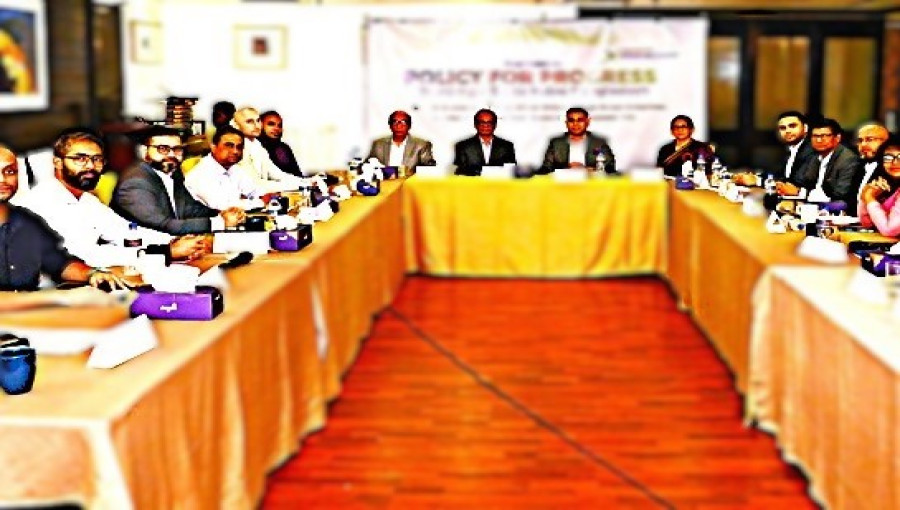
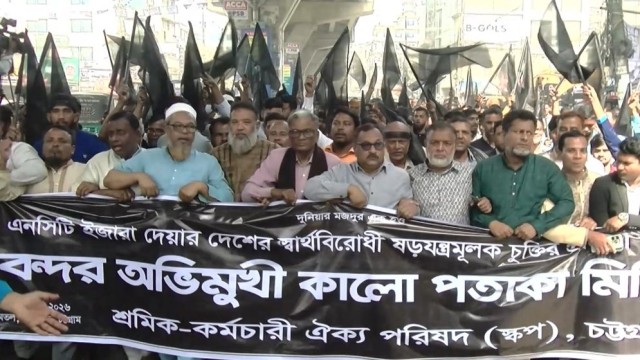
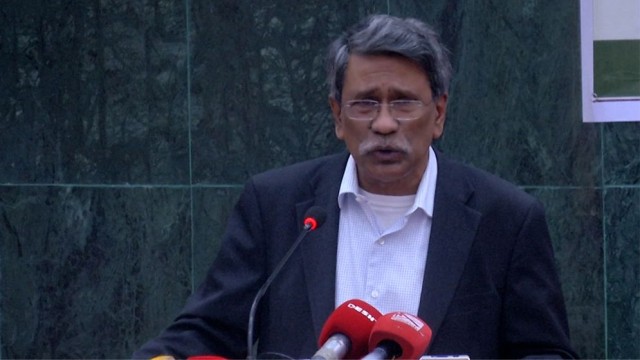
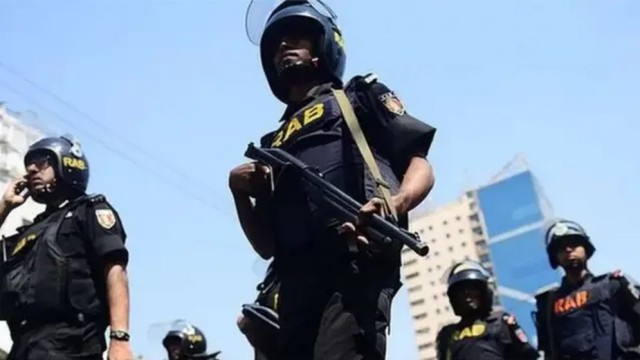
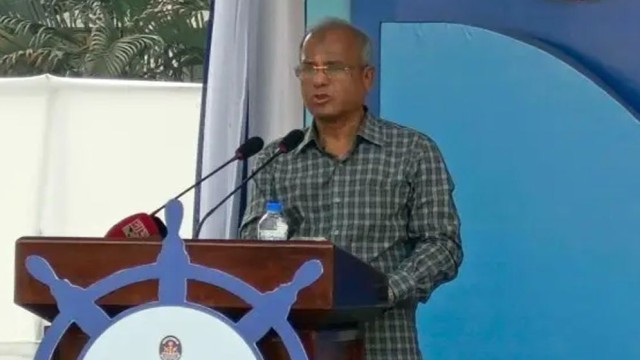
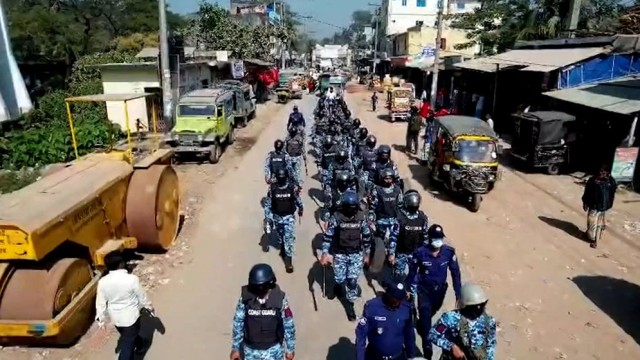


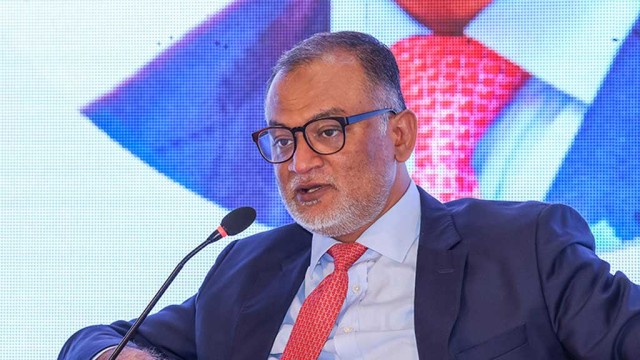


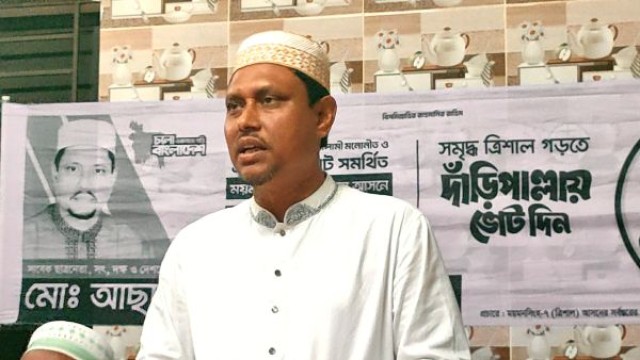
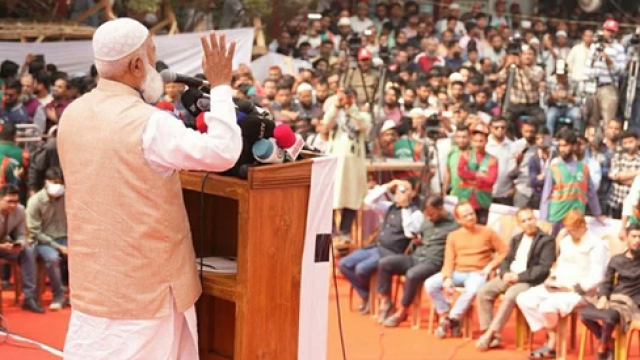

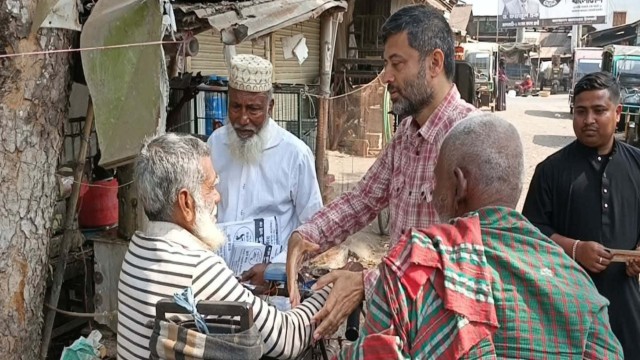
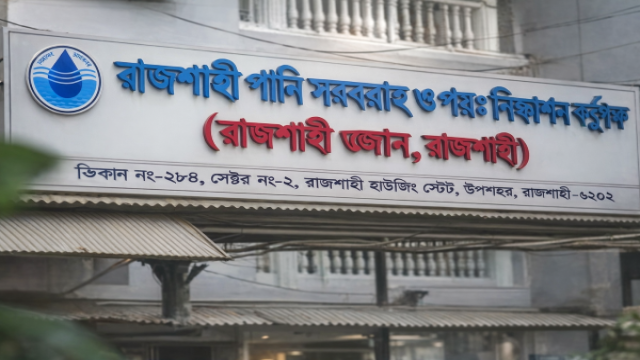
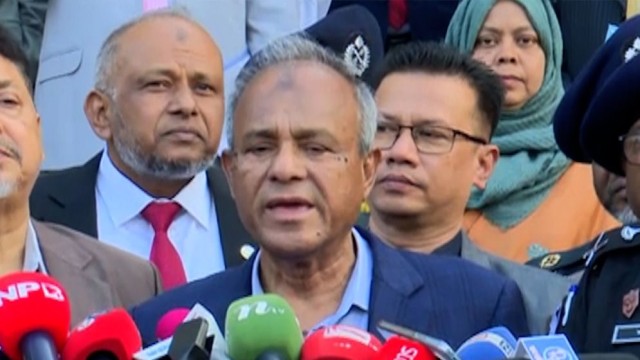











Comment: